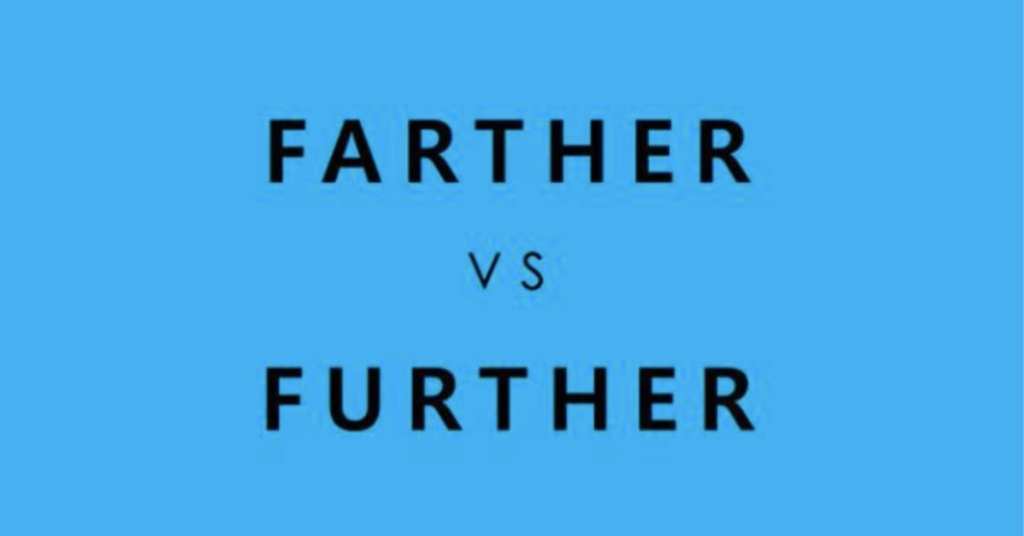Even for people who were born and grew up speaking English, the language can be troublesome on occasion (like, all the time). There are tons of pairs of words – lay and lie, who and whom, affect and effect, and yes, farther and further – that just trip people up all the time.
As far as farther and further go, well, we’ve got some thoughts on how you can easily choose the correct word for the correct situation.
https://www.instagram.com/p/Bqm5asZAtu5/
It’s easy enough to see why they’re confusing – the describe similar situations and there’s only one letter difference in the spelling. But even though they’re often used as if they’re the same word, grammatically, doing so is not correct.
Though both farther and further are related to progress, it’s the type of progress that lets you choose the correct option.
Farther is reserved to describe physical distance (the car was farther down the street than the taxi), while further is used in figurative or non-exact scenarios (the understudy took over before we got further into the performance).
https://www.instagram.com/p/BxxlYuTnkVm/
An easy trick for remembering lies in the first three letters of the words – specifically farther.
Far is associated with physical distance, which should remind you to use it when you’re describing things that can be measured that way.
https://www.instagram.com/p/BHc-AXKAFTT/
There are still situations that are trickier than others, but if you want to try your best to use the right word, choose further when you’re not sure – there will be more scenarios that fall under “harder to define” distances or space rather than exact ones.
And if you screw up, well, you’re not alone. The most accomplished of writers have just been winging it for years.






